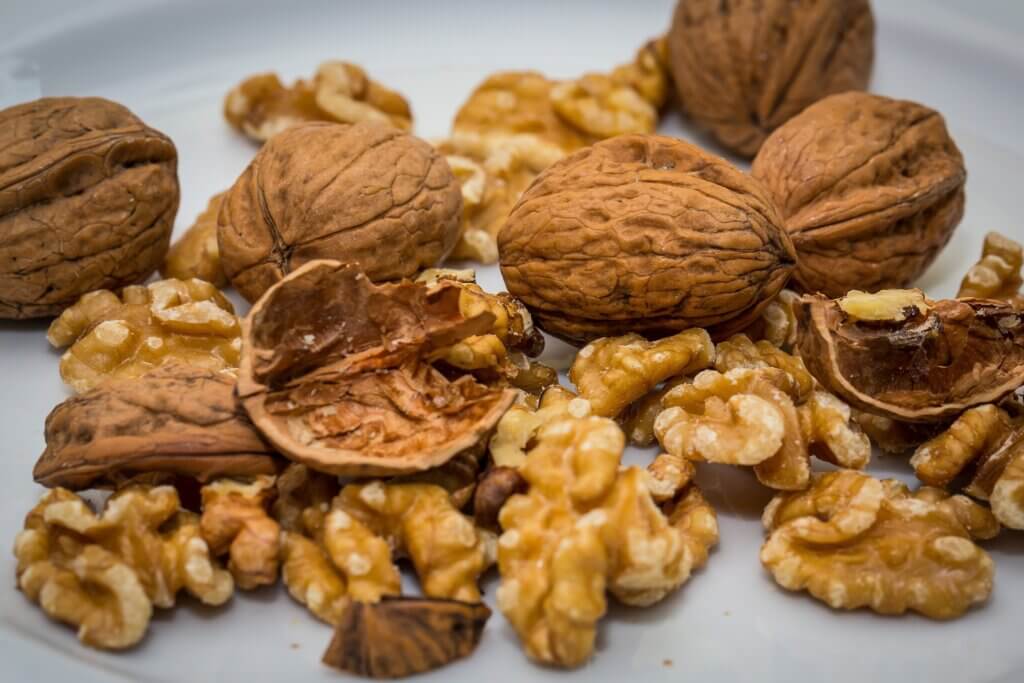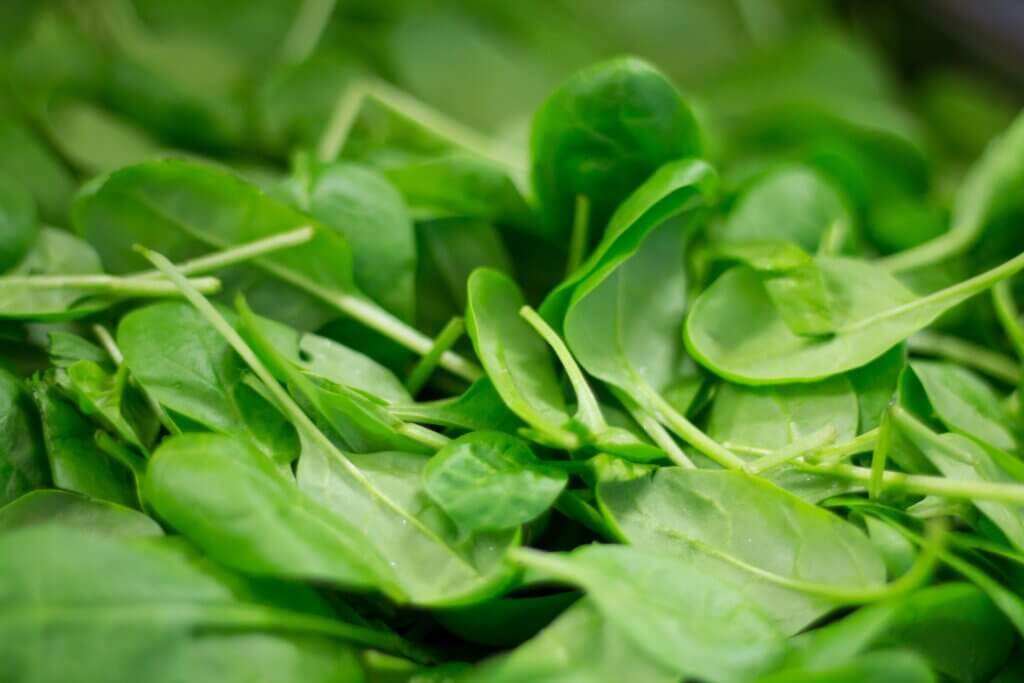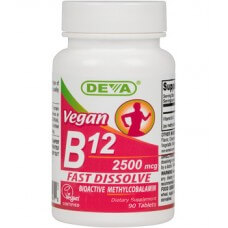A Vegan’s Guide to Good Nutrition
Vegan foods are far healthier than meat, eggs, and dairy. They’re cholesterol-free and more likely to be low in saturated fat and calories and high in fiber, complex carbohydrates, and cancer-fighting antioxidants. (Of course, we’re not talking about vegan cookies, candy, or potato chips.) If you want to reap the health benefits of a vegan diet—a healthy weight, lots of energy, and lower risks of heart disease, diabetes, and some types of cancer—you should eat an array of fruits, veggies, beans, whole grains, and other wholesome plant-based foods. Big surprise, huh?
If you’re a vegan, everyone from your third cousin to your third-grade teacher has likely quizzed you about where you get your nutrients. They don’t need to worry. Plant-based foods can provide for all your nutritional needs:
Protein-Packed Plant Foods
Almost every food contains protein, so it’s nearly impossible not to get enough if you’re consuming a varied diet with an adequate number of calories. Soybeans, a vegan superfood, are packed with protein and essential amino acids. Other beans as well as chickpeas, lentils, nuts, seeds, mushrooms, broccoli, walnuts, whole-wheat bread, oatmeal, and corn are also good protein sources.
Calcium Plus Compassion
Cows don’t have to suffer in order for humans to get calcium. It’s abundant in collard greens, kale, broccoli, beans, sesame tahini, and almonds. It can also be found in calcium-fortified soy or rice milk, orange juice, and some brands of tofu.
Fish-Free Omega-3s
Omega-3 fatty acids are essential for heart, brain, skin, and joint health. Fortunately, you can get them without all the cholesterol and toxins found in fish. Flaxseeds, walnuts, and canola oil are good vegan sources of the omega-3 ALA. It’s also a good idea to take vegan DHA capsules, which contain omega-3s derived from algae (where fish get it from!).

Make Popeye Proud
Spinach is rich in iron, so eat lots of it to build strong muscles. Other iron-rich foods include beans, black-eyed peas, lentils, chickpeas, oatmeal, dried fruit, nuts, sunflower seeds, nutritional yeast, molasses, and grains such as quinoa and millet. Vitamin C helps increase iron absorption, so for optimal health benefits, consume foods that are rich in both nutrients, such as dark-green leafy vegetables.

Vitamin B12 for Vegans
Leading health experts encourage everyone to take a multivitamin or supplement to get ample amounts of vitamin B12. It’s also found in fortified nutritional yeast, some supermarket cereals, and fortified soy and rice milks. (Click here to learn more about vitamin B12.)
Vitamin D, the Sunshine Vitamin
Exposure to sunshine is one of the best ways to get vitamin D. During warmer months, your skin should manufacture enough of the vitamin if your face and forearms are exposed without sunscreen to midday sunlight for 15 to 20 minutes per day. But many students and people who work indoors don’t get enough exposure. And in many areas, sunlight during colder and cloudier months isn’t strong enough to provide a sufficient dose of vitamin D. Many brands of nondairy milks contain some calcium and vitamin D, as do some brands of fortified orange juice. But doctors increasingly say that no matter what you eat, it’s a good idea to take a vitamin D supplement of at least 1,000 IU on days when you don’t get sufficient sunlight exposure.

Still have questions about going vegan? Check out our “Questions Every New Vegan Asks” page!
Text peta2 to 30933 for ways to help animals, tips on compassionate living, and more!

Terms for automated texts/calls from peta2: http://peta.vg/txt. Text STOP to end, HELP for more info. Msg/data rates may apply. U.S. only.





